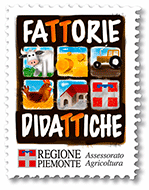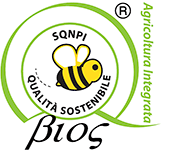
The concept of sustainable development has made its way since the late 80s with the desire to meet the needs of current generations without compromising the needs of future generations. In fact we must ensure that present and future generations are granted the same rights and at the same time reconcile economic activities with environmental protection.
This is what I, together with the researchers Silvia Socciarelli, Gabriella Rossi, Claudia Fontana, Ulderico Neri, Rita Aromolo and Claudio Beni of CREA (Council for research in agriculture and the analysis of the agrarian economy) of Rome, we have reflected , as part of the first joint SISS - SIPE congress on the "role of soil science for the objectives of sustainable development" held in the main hall of the agricultural science department of the University of Palermo from 10 to 13 September 2018.
What is SISS: SISS is the Italian Society of Soil Science (SISS) was founded in Florence on 18 February 1952. The aim of SISS is to promote the progress, coordination and dissemination of Soil Science and its applications, and to foster relationships and collaboration among its experts. SISS is a full member of the International Union of Soil Sciences (IUSS) and of the European Confederation of Soil Science Societies (ECSSS), and collaborates with other companies and institutions with similar aims.
Specifically, in our intervention, we have considered environmental sustainability that is implemented if, over time, three fundamental functions of the environment are respected: it must provide resources, it must be able to receive waste and must be a direct source of usefulness. . In this sense, I suggested the synergistic vegetable system as a starting point for innovative research, where these principles are constantly implemented.
Unfortunately, in recent decades economic development has severely damaged the environment, due to agriculture and intensive farming, the introduction of chemicals with a consequent reduction in biodiversity. To overcome this problem of our time, we should make ourselves more responsible to ourselves and to future generations and act locally thinking globally. This is why I have decided to adopt synergistic agriculture in my vegetable garden, it is sustainable and, moreover, the products that are obtained have high quality characteristics. Sustainable agriculture has many advantages, as «it is environmentally friendly and economically viable. It respects the communities and cultures of which it is a part. And it is characterized by a system approach based on equity» (Greenpeace).







